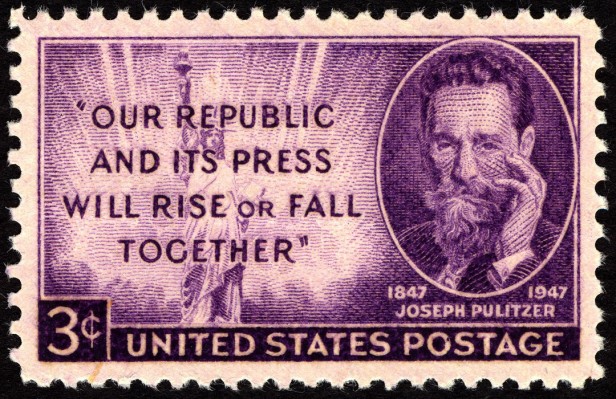I am a member of a nameless pseudo generation. Despite growing up in the birthplace of grunge, I am too young and too optimistic to be in Generation X; but I grew up without the Internet until I was nearly in high school, so I can’t really be a true Millennial. As a kid I read the newspaper (yes, an actual paper-and-ink newspaper) and watched the local and national news on TV. I learned about the world from Tom Brokaw, Dan Rather and Peter Jennings, just like everyone else in America. The people who had cable got CNN, and there were some special interest news stations like CNBC and Bloomberg, but by and large everyone got the same stories by the same people at roughly the same time…until 1996. That year, MSNBC and Fox News both got into the 24-hour news business. People could now choose where they got their news on TV, and the news channels now had to fight for ratings. This inevitably led to people gravitating to whichever TV station entertained them the most, or frustrated them the least.

I watched as people began to silo themselves off from the general public without even really trying, and it only became worse with the unlimited choice of the Internet. You can choose which silly cat videos to watch, you can choose which playlists to stream, you can choose which news sources to consume. It became less about what the story was, and more about where the news came from. People used to bicker about whether Brokaw or Rather or Jennings were better reporters even while they factually agreed with each other; now, facts themselves were up for debate. Eventually, with the rise of political punditry, it was now debatable whether facts were even necessary.
Today, people believe whatever they want to believe for whatever reasons suit them, and everyone can cite a source that claims to support them. When they gather into likeminded cliques and either ostracize dissenters or let them show themselves out by being louder than they are, it becomes what is known as an echo chamber. People have separated themselves so much from opposing views that they now believe wholeheartedly that most people agree with them, and are given no reason to doubt it because every place they get their information is a place that amplifies their own views. Thus, when they find someone who doesn’t agree, the only thing that makes sense to them is that the other person must be wrong, misinformed and/or stupid.
This is not a liberal versus conservative problem, or a Democrat versus Republican problem. This is not a CNN or an MSNBC or a Fox News problem. This is a human problem.
So now that we are here, how can we fix it? There are a few things you can do:
- Avoid sources of information that try to define their own bias in their name (Occupy Democrats, the Conservative Tribune, ThinkProgress) or are focused on a single person’s POV (Michael Moore, Glenn Beck, Rush Limbaugh). Generally speaking, these outlets will have a stronger bias than any other major networks or websites. A good rule of thumb: if you have to explain what a site is to someone politically dissimilar from you, you probably shouldn’t use that site.
- Avoid sources that make their bias obvious, either by explicitly stating it in their masthead, by using non-quote adjectives in their headlines that indicate a bias, or by featuring mostly op-ed pieces. Some examples include Slate, Breitbart, Drudge Report, Daily Kos, and the Huffington Post.
- Find polls of trustworthiness of various sources before relying on them. For example, Pew Research has a great poll from 2014 on political polarization and media habits that I find helpful, though it is by no means exhaustive or completely authoritative.
- Ultimately, there is no such thing as a bias-free news source, so choose your sources based on their ability to report with integrity, their attention to opposing views, and their willingness to report the negative news of those who share their views.
- Make sure to include at least one source with which you do not share a bias. If you have a conservative bias, make sure to include at least one liberal-biased media source; conversely, if you hold a liberal bias, make sure to include, at minimum, one source that holds a conservative bias.
- Most importantly of all: be skeptical. Even if a source of news is trustworthy most of the time, that doesn’t mean every story from every writer will always be up to snuff. I usually try to find the same story in three or more sources before I trust it, even if the first source is the New York Times.
How you navigate this is up to you. The only mistake is to do nothing.
